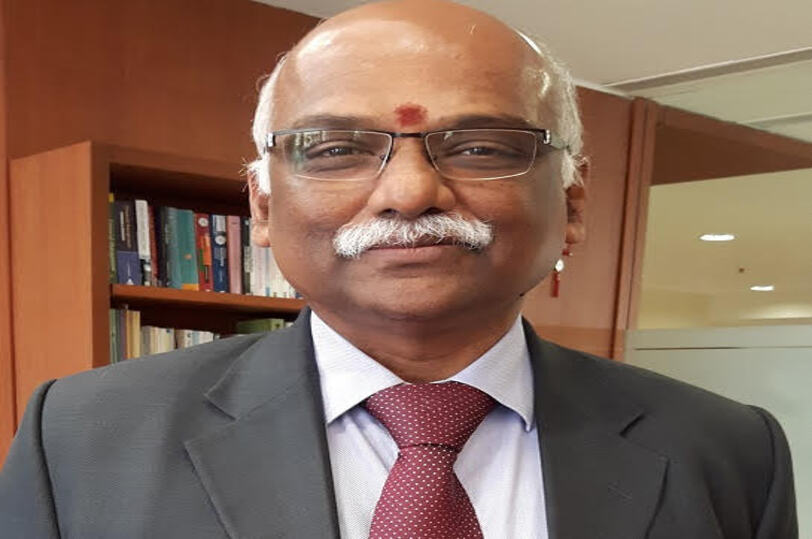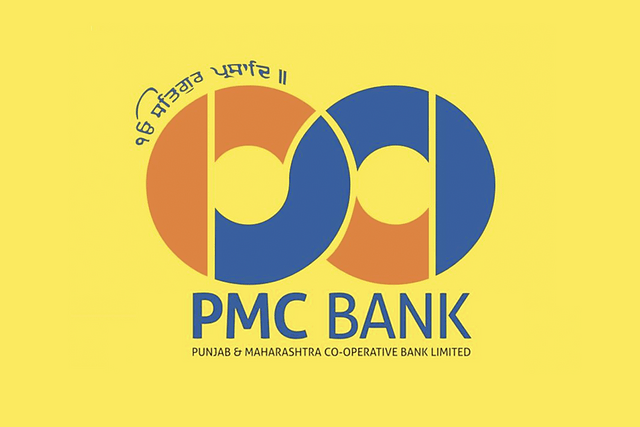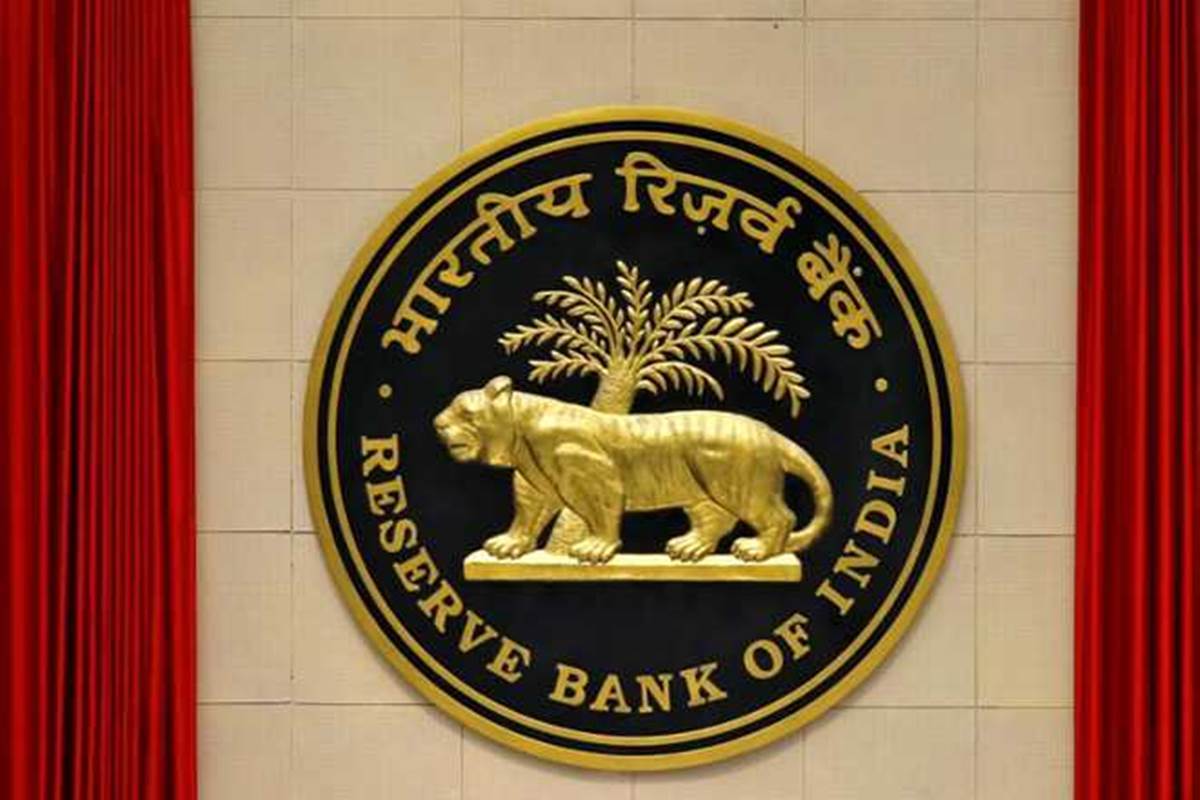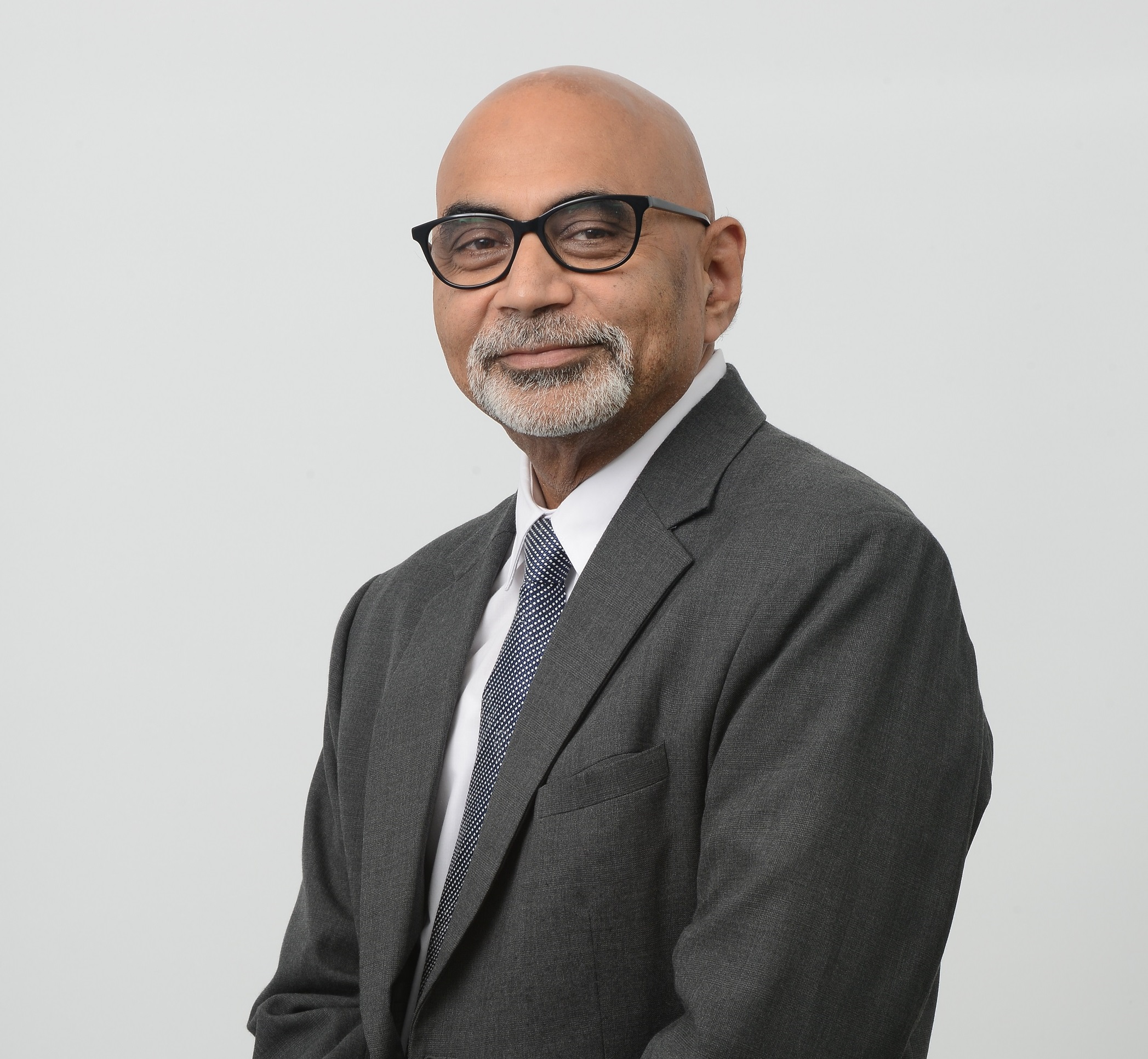Among the three facing crucifixion, the scam-hit Punjab and Maharashtra Co-operative (PMC) Bank has brought in tales of tragedy and anguish from depositors who suddenly found their life-saving deposits frozen from use.
Restricted from withdrawing beyond Rs 100,000 for 28 months now, many of these depositors from middle-income backgrounds have been struggling to keep their small businesses afloat, meet medical emergencies, arrange for marriages of their daughters and fund college fees for their children studying abroad. A few of them have committed suicide and the PMC Depositors’ Forum alleges that more than 250 of the depositors have died under tough circumstances since the Reserve Bank of India (RBI) imposed business restrictions on the co-operative bank.
Two other banks started tumbling during this period and depositors began fearing the safety of their deposits. But before the wails could start, the RBI got the State Bank of India (SBI) as the principal rescuer to pull Yes Bank out of the pit as it was getting choked with asset quality deterioration due to lending malpractices under its founder Rana Kapoor’s guard. Singapore-headquartered DBS Bank was brought in to save Lakshmi Vilas Bank which was ailing from high non-performing loans, inadequate capital and losses in the books.
For the Mumbai-based PMC Bank, however, no saviour came. Senior citizens, pensioners, angry men and women across all ages assembled around the branches of this urban co-operative bank after the RBI put it under the prompt corrective action (PCA) framework on 23 September 2019 following detection of financial irregularities. This restricted the bank from lending and depositors could not withdraw beyond Rs 1,000.
One among those who queued up in front of the bank’s branch in Mumbai’s Ballard Estate in those early days of turbulence was 75-year-old Kusum Devi. “Give me poison so that I can kill myself,” the pink saree-clad woman wailed.
As days passed, protest marches were organised in front of the RBI headquarters at Mint Street and other parts of Mumbai. Before the end of the year, the RBI had upped the withdrawal cap progressively to Rs 50,000 but the PMC Bank depositors were not satisfied. And then came Covid-19.
“It has been a losing battle since then,” says Bony Lal, a breast cancer survivor who stays with her parents, her brother, his wife and kid in a chawl in Mulund, a suburb in the north-east of Mumbai. “Our family money is locked-in and my old dad, diagnosed with prostrate problem, has been delaying his medication due to paucity of funds. He is making this sacrifice as he wants my treatment to continue.”
![]()
Lal, who had been joining the protest marches, had to undergo a brain tumour surgery in Mumbai Hospital two months after the scam broke out at PMC Bank. Then, in June 2020, the RBI enhanced the withdrawal limit for the depositors to Rs 100,000. But that wasn’t enough for Lal’s family as medical bills soared.
“My brother, an electronics engineer, is the sole earning member in the family. I used to do tuitions but had to let go that source of livelihood due to health issues. We are somehow managing. Hope PMC Bank returns our deposit money soon,” says the 44-year-old, breaking down in between.
Many PMC Bank depositors feel the RBI has extended ‘step-motherly’ treatment to them as they had parked their money in a co-operative bank. In case of Chennai-headquartered Lakshmi Vilas Bank, the RBI gave DBS the nod to expand its footprint in India while Yes Bank won the regulator’s special eye as it had an affluent customer base. They also blamed the RBI for ignoring the whistleblower’s early warning in 2011 about the bank being involved in a gigantic fraud involving loans to slum redevelopment-focused Housing Development and Infrastructure Ltd (HDIL).
So when in mid-June 2021 the RBI approved the proposal of Centrum Financial Services and BharatPe to start a small finance bank for taking over PMC Bank, there was hope in the depositors’ camp. But it fell short of celebrations and the mood got spoilt when, a week later, the RBI announced extension of the PCA restrictions on PMC Bank for a further six months until 31 December 2021.
“I had to bury my hope soon,” says Bijal Divyesh Barbhaya, a resident of Vasai. “I continued borrowing to fund my son’s college education in the US. My savings in the PMC Bank is useless at this stage. I live on a huge debt.”
In late November of 2021, the RBI came out with the much-awaited draft amalgamation scheme of PMC Bank with Unity Small Finance Bank Ltd. Opening it up for public feedback until December 10, the scheme proposed the takeover of assets and liabilities of the troubled PMC Bank by Unity SFB.
There were a few clauses in the scheme that angered the high-value depositors, including the one that only allowed the full withdrawal of their deposits above Rs 5 lakh over a staggered period of 10 years. Protest marches were organised in Mumbai and, with the scheme awaiting the government approval, the RBI announced in late December that the withdrawal restrictions would continue for another three months until end-March, 2022.
![]()
As the depositors were readying for further protests, the third wave of the coronavirus swept across the country. Covid cases shot up in Maharashtra, including Mumbai. The government imposed several restrictions and gatherings were banned.
“My plans have been upset by first the scam at the PMC Bank and then the outbreak of Covid-19. I was planning to restart my retail distribution business but will now wait for Covid to stop disrupting normal activities. I will also need to have more clarity on when I get my deposit money back so that I can plan accordingly,” says Vijayan Kurup, who recently recovered from Covid and has a daughter waiting for marriage.
Three features place PMC Bank on a separate pedestal from most of the other co-operative banks. First and foremost is that the main chunk of the bank’s total deposit value comes from just 4% of the depositors. Besides these high-value depositors, many of them have made PMC their only bank for many long years. Lastly, 30-40% of the overall depositors are senior citizens who face grave uncertainty on receiving their own money.
Surendra Singh Kambhav, a marine engineer who worked overseas, depends on the Gurudwara for his food despite having crores saved in the PMC Bank. Aged 72, he walks to the Gurudwara, which is a km away from his house at Andheri West. “My cash is all gone. Can an old man like me wait for ten years? If nothing comes back, I will have to sell the place where I am staying,” he says.
PMC Bank lured depositors like Singh with impressive banking services, working hours from 8 am to 8 pm, and opening of branches on Sundays. The strategy to have branches in housing colonies also worked and the bank mopped up over nine lakh customers. “The branches were in our neighbourhood and the staff very friendly. They would also come to the house to offer banking services. We made them family and eventually got ditched by them,” says PMC Depositors’ Forum president Chander Purswani.
Born in a small room in the suburb of Sion in south central Mumbai on 13 February 1984, PMC Bank drew in taxi and truck drivers-cum-owners, small business entrepreneurs and low- and middle-income workers from the neighbourhood areas. The bank particularly serviced the Sikh and Punjabi refugees who fled Pakistan after Independence to settle in the Sion Koliwada region, which later came to be known as ‘mini-Punjab’ and was renamed Guru Tegh Bahadur Nagar in the 1970s.
The migrants in the refugee colony, most of whom were illiterate or semi-literate, ran taxis, trucks or set up small eateries, automobile repair shops and other petty businesses. The area also had Hindu refugees who came from a similar background, mainly from Peshawar and Hazara. As these families restarted their lives, their incomes began to rise and PMC Bank targeted them when it launched in 1984.
Gurudwaras, which had sprung up in the surrounding areas by then, deposited money in PMC Bank and provided the community connect. Whenever a new branch of PMC was launched, officials would tap the local gurudwara to associate with the bank. Sikhs would thus form the backbone of the bank and this community loyalty led to PMC building a network of 137 branches spread over six states, with Mumbai accounting for a major part of the business.
Remembering those good old days, Satish Thapar said his father was one of the many founder members who subscribed to five shares of the bank at Rs 25 per share. His grandfather had fled Pakistan during the Partition in 1947 and started a transport business under the name Sham Roadlines. His father ran it after him but the complicacies of the business forced him to shut it down in 2007. The family started Thapar Motors, a multi-brand car shop in Chembur.
“We have suffered a big hole as the family has got its savings locked in PMC Bank,” says Thapar, who had a boy born after 13 years.
Thapar stopped joining the protests after the outbreak of the Covid-19 pandemic. “What has happened to the depositors has not been right. I hope the PMC Bank issue gets sorted out. It is RBI’s baby. The RBI has to take care of it,” says the 44-year-old.
The RBI’s amalgamation scheme in November chalked out a stage-wise withdrawal for depositors staggered over a period of ten years. While depositors would get paid the amount insured under the Deposit Insurance and Credit Guarantee Corporation (DICGC) of up to Rs 5 lakh, another Rs 5.5 lakh would be coughed out at the end of five years and the full amount after ten years.
Under the scheme, the RBI also prescribed the interest rate on these deposits. As per the scheme, the deposits shall not accrue any interest after 31 March 2021 and for a period of five years from the appointed date. Post the five-year period, the RBI proposed an interest of 2.75% per annum to retail depositors of their outstanding balance amount.
Picking holes in the RBI’s amalgamation scheme, the depositors of PMC Bank wanted the tenure of repayment to be shortened and the interest rates to be at prevailing rates at what Unity SFB would be offering to their new customers. “The RBI has been totally insensitive to our plight,” says Purswani. “We knocked on all doors, including writing to the prime minister and the chief minister. We approached several politicians and even the finance ministry. We thought we would at least have the tenure of deposit payout reduced and the interest be paid on our deposits.”
Nothing of that sort happened. On 25 January, the government approved the RBI’s proposed scheme and notified the merger of PMC Bank with Unity SFB. The terms remained almost the same, including the deposit payout of above Rs 5 lakh being staggered over a period of ten years.
“How does the government of India or the RBI expect senior citizens to survive for ten years? We are totally disappointed with the RBI and the government,” grumbles Purswani.
Kishor Modsing, a cancer survivor who is unemployed since 2018, does not know where to borrow more money from to support his family of five, including his old parents. He has no source of income and has to fund medical treatment and his daughter’s education even as all his savings are lying idle in PMC Bank.
“Being asked to wait for 10 years to get back my savings is the most ridiculous thing. I will have to take 40-45% haircut on my deposit money as we are not going to be paid any interest for five years after 31 March 2021 and a meagre 2.75% after that. I am unable to get a job due to the Covid pandemic. My tongue is cut and stitched so is my neck,” says the 53-year-old who underwent cancer surgery a year before PMC Bank got crippled due to a lending fraud.
Bindra admits that at a human level, the turn of events as they unfolded at PMC Bank is “very sad”. Being one of the largest banking frauds in India, it has come with consequences which are very severe. Though 96% of depositors having deposits up to Rs 5 lakh will be paid upfront by Unity SFB as per DICGC rules, the remaining 4% make up most of the bank’s deposit value.
“There was a fraud in PMC Bank, which wiped out over Rs 7,000 crore of depositors’ money. Besides, the bank has accumulated hundreds of crores of doubtful debts from other retail and wholesale clients. The scheme has to be looked at in view of the PMC Bank problem and alternate solutions available,” he says.
PMC Bank’s main problem was the setting up of a series of dummy accounts to mask the large-ticket loans disbursed to a particular group. As on 31 March 2019, about 70% of the bank’s total loan book of Rs 8,383 crore had been extended to HDIL, thus violating single-party lending rules. Innumerable secret accounts were kept, which was not being aggregated into the balance sheet.
Weighing the size of the fraud, the RBI decided to reconstruct PMC Bank through a tender process. The other option would have been to liquidate the bank, which would have left the depositors in the lurch with an insurance cover of only up to Rs 5 lakh.
“The readily realisable assets of PMC Bank as they stand today are not even worth Rs 4,000 crore, which Unity SFB will be paying at the start to the depositors. How much will be the recovery is unknown to us, but it for sure is not going to be anywhere near Rs 10,400 crore which is due to depositors as on March 2021,” Bindra tells Indianbankingnews.com in an interview.
The boss of Centrum Group rules out RBI favouring Unity SFB in the amalgamation proposal. The depositors seem to be incorrectly insinuating the RBI as the culprit, he says. The actual villain is the earlier top management of PMC Bank and the defaulting HDIL promoter group.
“There is no special deal here. The RBI has over the last two years studied the possibilities of the best way to escape the messy situation created by PMC Bank,” Bindra adds.
The depositors are considering moving the court. Sahakar Bharati, an umbrella body for co-operative societies founded by RBI board member Satish Marathe, has said that it would file a petition in the Supreme Court against implementing the final scheme of amalgamation between PMC Bank and unity SFB.
“PMC Depositors’ Forum will examine the feasibility of moving the court to get justice for the depositors who have struggled for the past 28 months to get their hard-earned money back,” says Purswani.
For the high-value PMC Bank depositors, the situation they find themselves in couldn’t have been more tragic. Imagine Singh walking many more days to the Gurudwara for food, the Lal family delaying medical treatment, cancer survivor Modsing hunting for a job to run the family expenses, and many more tragic figures waiting for the 10-year saga to be over!







